If there’s one thing that CBS is known for in this day and age, it’s their affinity for the police procedural. Over the course of the past two decades, the creators over there have played with almost every gimmick in the book. However, they’ve never used AI to write, develop, and execute a show – until now.
That’s right. Dick Wolf’s FBI is a work of art. It’s the first show of its kind to be created by robots, for robots!
The Cast Is Decent At Playing Terminators.
Before we look too deeply into the code, it’s important to note that our main cast does a decent job of not allowing viewers to connect with their characters in any meaningful way.
Missy Peregrym and Zeeko Zaki play NPC #1271 and #3923, respectively. In most police dramas, the leads are typically interesting and provoke some sort of emotion. Not here, though. It’s quite a testament to the power of network television when one can spend 42 minutes of their time and feel nothing at all.
Sela Ward, Jeremy Sisto, and Ebonée Noel round out the cast as NPC #10292, #14393, and #18494… and I’ve got nothing. Seriously, I can’t tell you a single thing that is endearing about these characters. In virtually any other crime drama, the supporting cast has some sort of chemistry that can make it all worthwhile, but nothing boots up here.
The Stories Are Laughably Bad.
Ever since Dragnet came on the air in 1949, every police/crime drama has developed some sort of formula that mixes drama, humor, and an exploration of good and evil. FBI has a lot of drama, but it doesn’t stick because of the slow pace. It has no humor, so we can’t get a sense of what these agents do to keep themselves sane. With all of that said, the worst part of all is how it utterly fails to explore good and evil.
To get a good idea of what I mean, let’s examine the first few episodes.
The pilot episode starts off with subject matter seems bold and topical at first glance. After a bomb rips through an apartment complex, #1271 and #3923 discover that MS-13 wants to start a drug war on the back streets of New York City. It seems like an intriguing set-up until the story pulls a twist out of its ass. As it turns out, the real villain isn’t a cartel that routinely melts people in drums. It’s actually some Alt-Right guy… even though the real Alt-Right nutjobs out there hate Mexicans with a passion.
“Green Birds” and “Prey” can be summed up by examining the hopelessly wooden dialogue. Both cases are relatively straightforward when compared to the pilot, but one can easily get a sense of the AI’s biases when #1271 and #3923 say “1 in 5” or “Allah Good, Terrorists Bad.” I know that most shows have to distill things down to a core statement because of time constraints, but the creators usually insert little details into the story that add some sort of nuance. These scripts don’t have that extra something that people can talk about after the fact.
Then again, who needs a thought-provoking discussion about the association between religion and terrorism or the actual threat of human trafficking when regressive slogans will do all of our thinking for us?
You Don’t Get A Cookie For The Technicals.
Most of the time, I don’t focus on the technical aspects of a show, movie, or game. However, I’ll make an exception to demonstrate the rule here. FBI is competently shot, but that doesn’t really matter if the stories and characterization are way below par. In virtually every piece of visual entertainment, viewers and players can see the money on the screen. Therefore, we need to get a sense of what makes a show worthy or unworthy of our time.
In entertainment, there’s no substitute for a good story.
Conclusion.
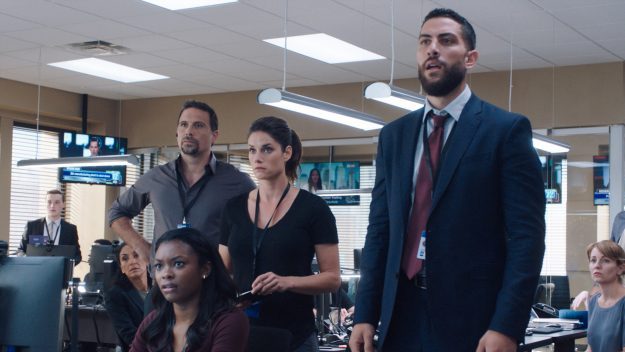
Here’s a test for you: Can you describe Jeremy Sisto’s #14393 without referencing his arbitrary characteristics or his job?
At this point, FBI is not worth the trouble. It’s almost impossible to connect with the characters, the scripts are a mess, and there’s nothing to hook viewers. While it’s possible that the show may get better over time, you’ll be better off if you watch Castle, Private Eyes, Flashpoint, or S.W.A.T.
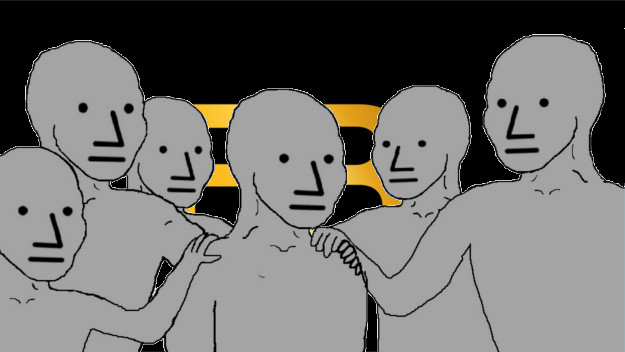
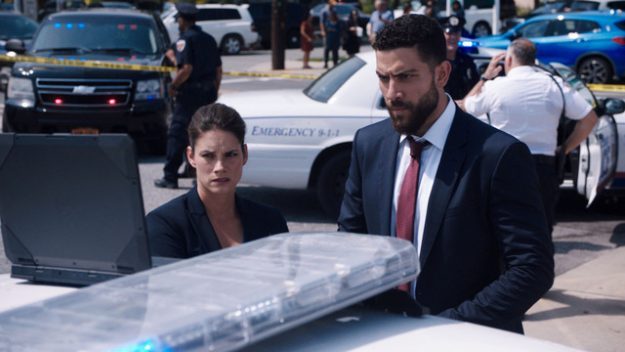
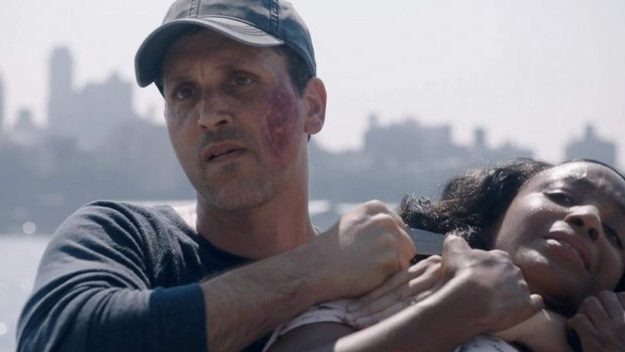
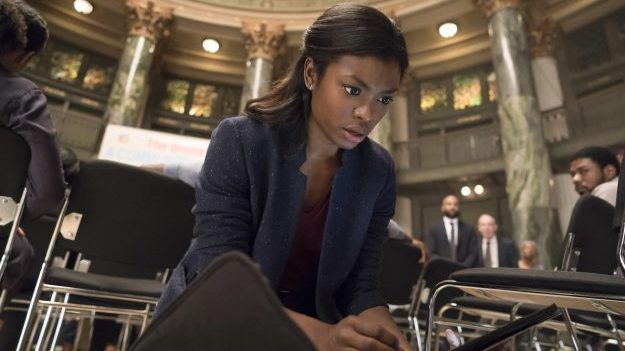
No Comments Yet